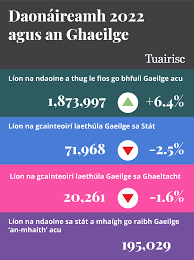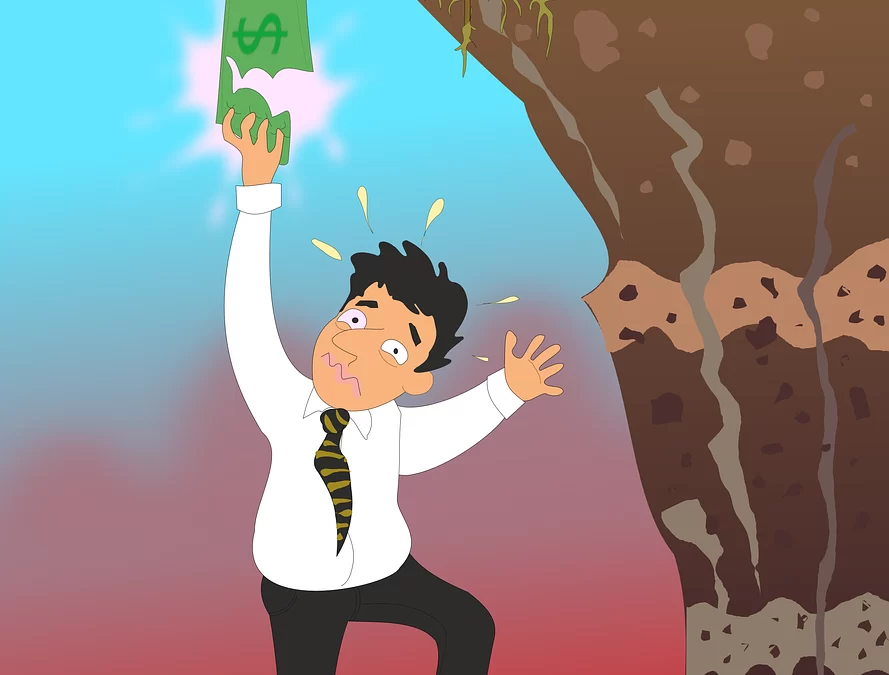
Welcome Everyone – Yesterday, Today and Tomorrow!
Welcome Everyone – Yesterday, Today and Tomorrow!
It's not too long ago when nobody would have thought that the day would ever come when people would be flooding the coasts of our country, hoping to join us. Wasn't it in the opposite way that the human flood was pouring out of us, day after day, week after week and year after year? At that time, you would only hear complaints and grievances from the poor about the poverty of this poor country. Everyone had the same tune, all claiming that our country had gone astray. The media were confirming the same attitude, saying that this country had been "banjaxed", and had gone down the toilet, into the sea.
Even our education system was aimed at getting jobs for our young people in overseas countries, and we were training doctors, nurses, priests, teachers and more, who had no chance of getting a job ONLY overseas. In addition to that, the people of this country did not care about the migration of those educated people, or about the 'Brain Drain' as it is called in English.
Undoubtedly, those who migrated did well, but of course, we should never forget the injustice done to them, when we, as a community, were unable to serve them in their own homeland. Although they managed to achieve a good career, they often shed the bitter tears of exile, because wouldn't it be much better to have the same success in their own country? They were wonderful people, who sent money home to us when it was badly needed.
Arrival of the Celtic Tiger
Big changes began in the nineties, slowly at first and then faster, until we no longer had those difficulties. Young people were going on holiday to faraway places in the world. People had cars, who once had only poor four-legged, long-eared Neids. People were going out to inns and restaurants to dine. And as well as that, people were dressed elegantly, all the time. The look, taste and smell of money was to be found, below and above, near and far, all over the country. You would no longer hear people saying on the Radio or the Television that our land had been "banjaxed", as the people who used to sing that tune were now sitting pretty, earning a pile of money over the years, from the purse of that same "banjaxed" State. To make a long story short, the news of the money was soon out on us, all over the world.
The "Black Babies"
There was only one result of that reputation for money, and that was that people came to the coasts of this country, hoping that they would get a generous share here. Those people came, one by one at first, then in small groups, and finally, they became a strong, unstoppable flood. In the beginning, we did not treat the strangers who came among us so generously, since we had no practice of such, but with the passage of time, we had to accept that we had a duty to treat them with dignity and respect. Didn't we spend many years in this country collecting pennies for the "Black Babies", but when those same Children grew up, and when they came to try and get in, well - that was a whole other story! But after a while, we were made aware that we had no other choice but to give them asylum, when such was due to them, and in addition to that, we welcomed essential workers who came to us in a strong, hopeful, unstoppable toorent, and no wonder we welcomed them, as they helped us to feed and fatten the hungry, Celtic Tiger of ours. As far as I am concerned, we should welcome those righteous people who come to us, in search of asylum, or work, and we should also be happy to grant them the citizenship of our country, if they deserve that.
Now, it wasn't just the "Black Babies" who came to our door, since as soon as the word spread that there was excellent work and jobs to be found there, people from different ethnicities started raising their sails, to make their way to this country.
Welcome to All
Although it is more difficult to deal with more people, we still have to stick to our basic principles. May we never forget the millions of us who fled this country during the Great Famine and found refuge in other countries, including Canada and the United States. No matter how hard it is, it is better to do something, in my opinion, especially in a situation like this. That's not to say that rules aren't necessary, because they are, but when anyone is admitted legally into the country, and especially those seeking asylum, we have an obligation to treat them well. When I see terrible things happening in Dublin, where a camp for asylum seekers was set on fire, or in Ballincollig in Cork, where and a former school was set on fire, which was almost ready to give asylum to refugees from Ukraine, I am both disappointed and determined. Actions speak louder than words, and it is time for us in this country to fight xenophobia, and offer a helping hand to the refugees that our government took in in the first place, to give them a new life. We have no excuses and we have to do the right thing from now on.








